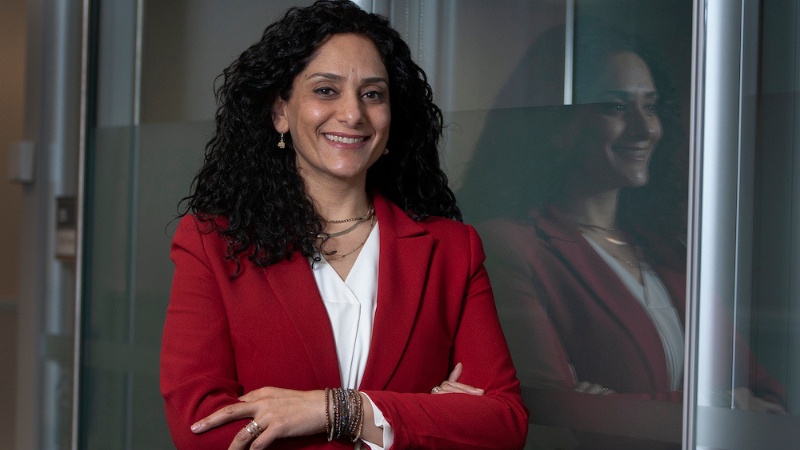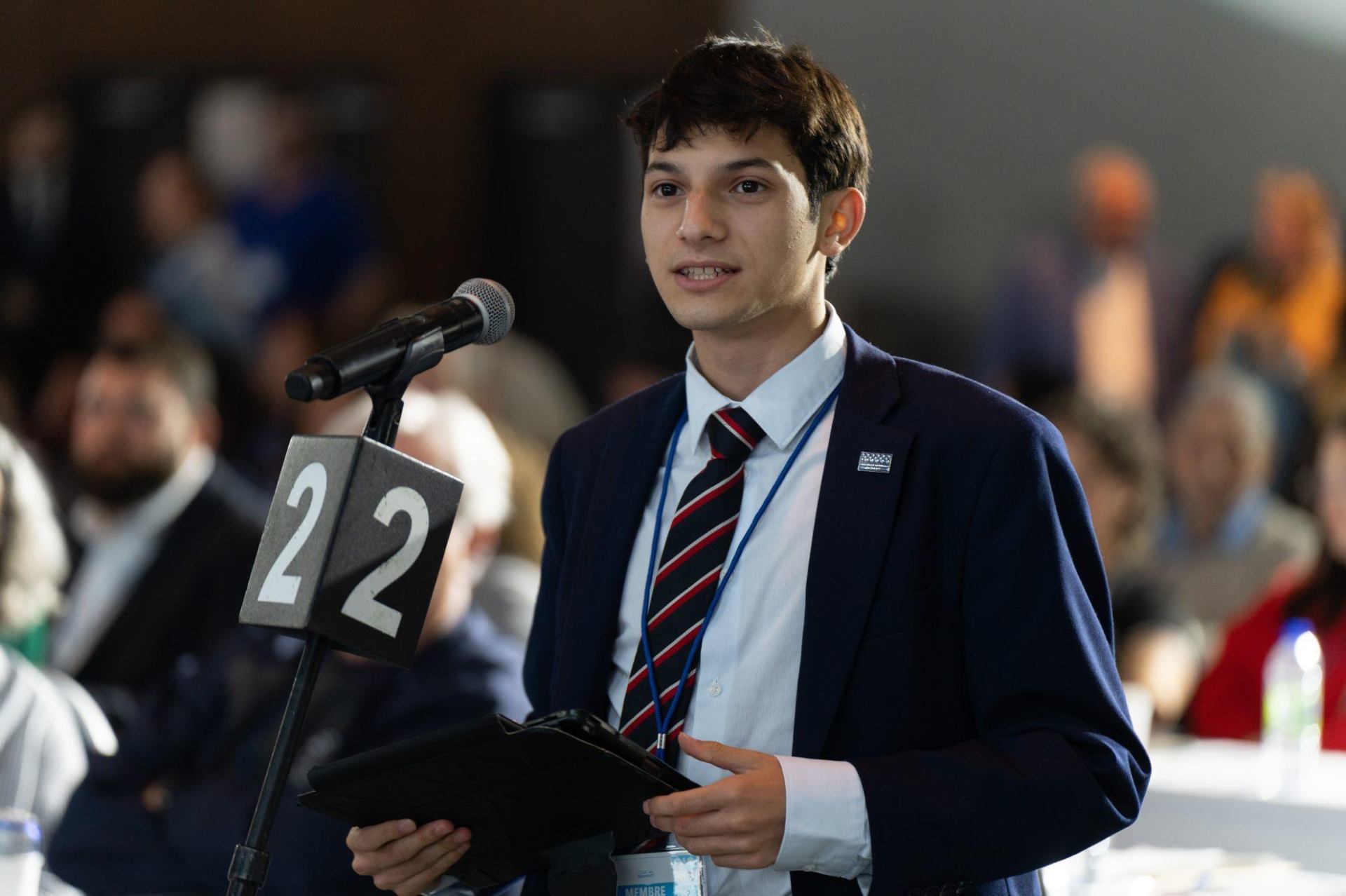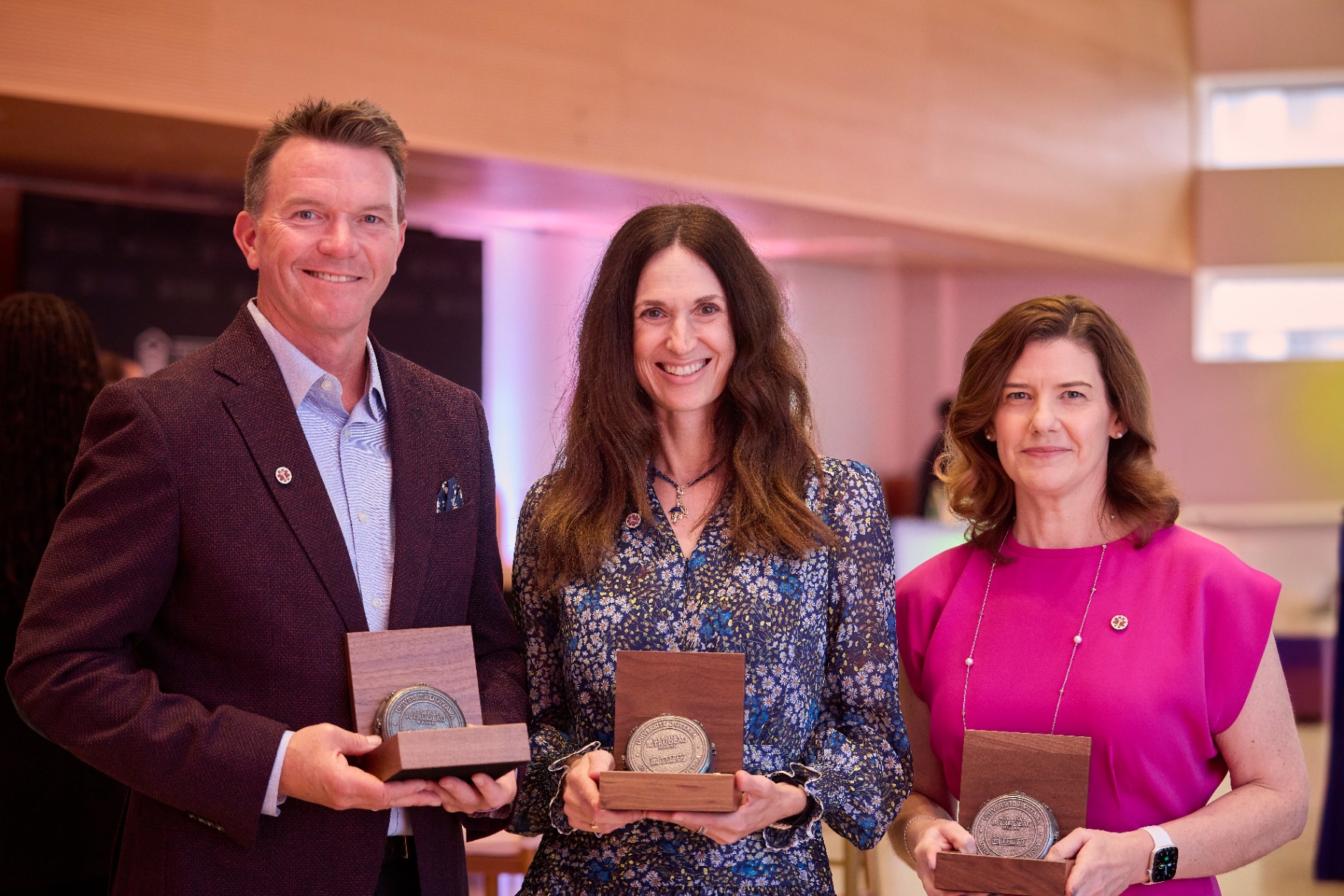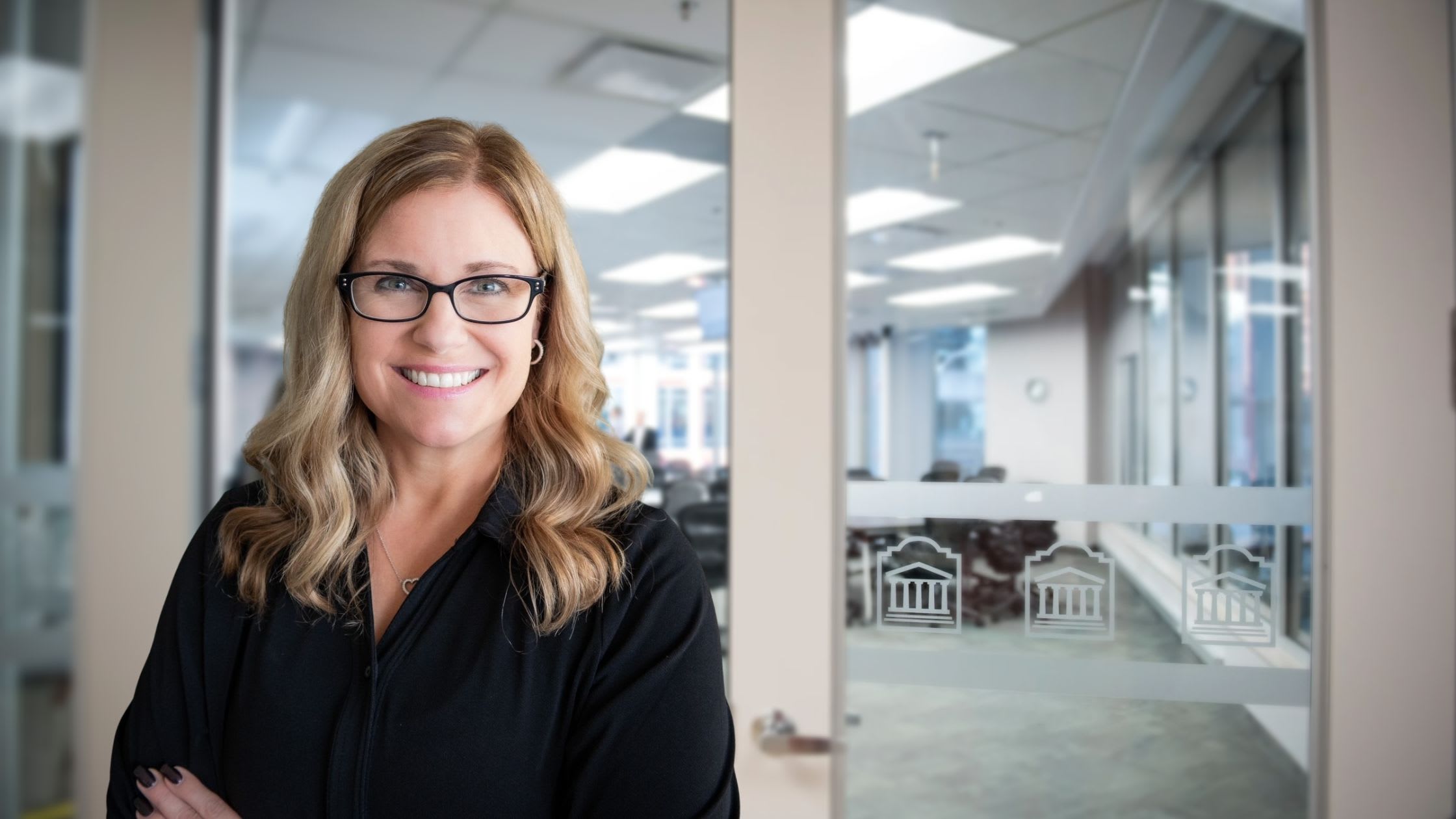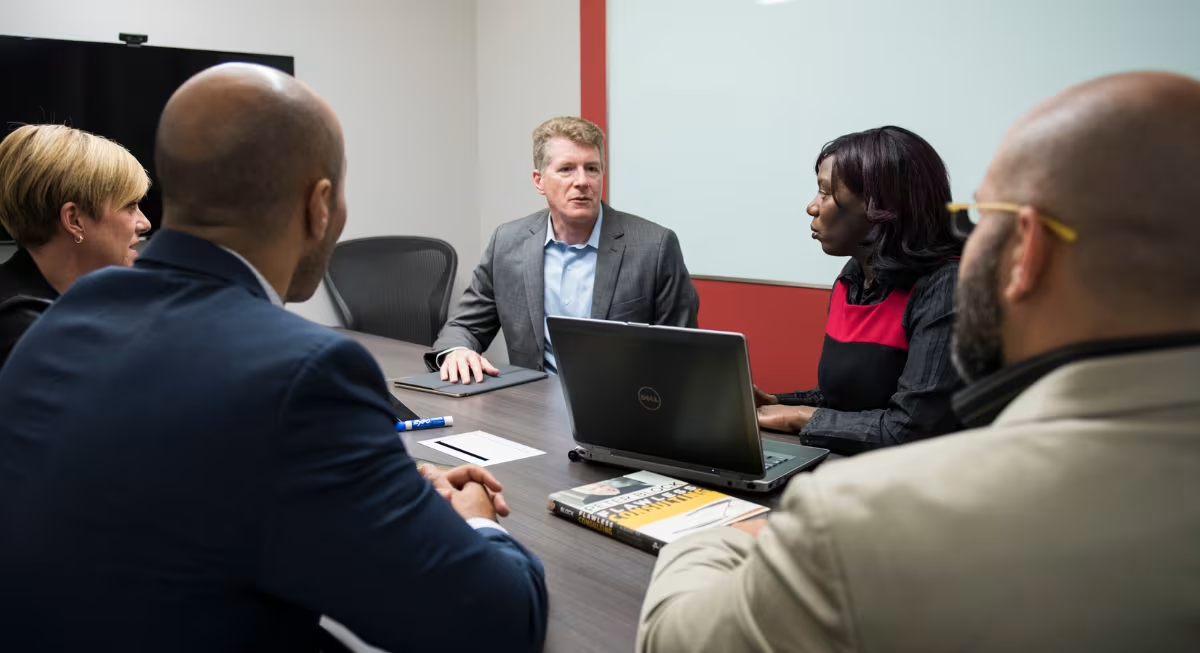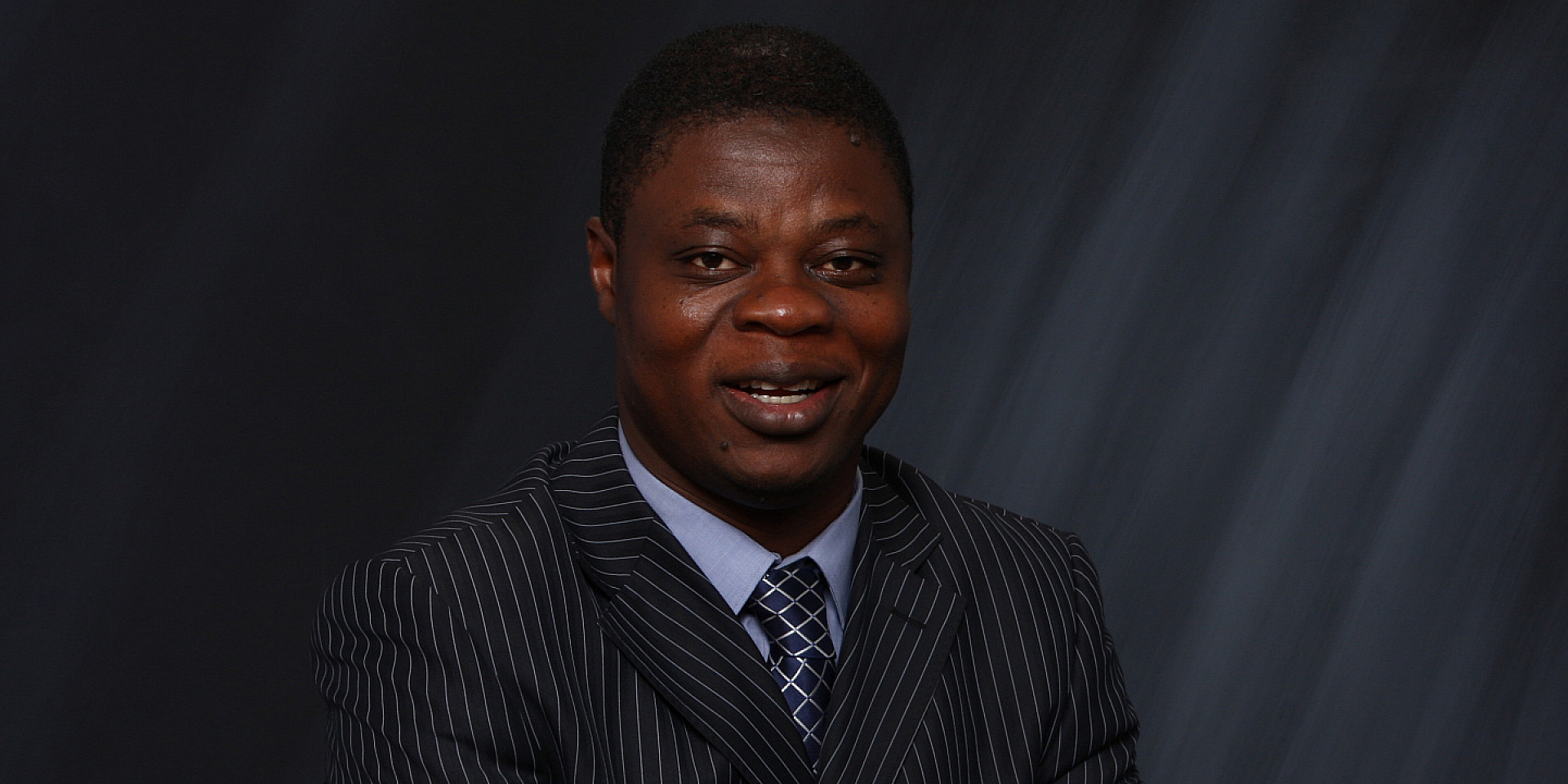This article was first published in the Ottawa Business Journal on May 8, 2022.
As the Executive MBA program gears up for a new cohort, a global outlook is front-of-mind for Karam.
Since its inception, the University of Ottawa’s Telfer School of Management has prepared its students for the world of work, providing them the tools and knowledge necessary to excel in business.
In the Telfer Executive MBA program however, the stakes are even higher. Designed for mid-career and senior level executives, the program takes a comprehensive look at localized and global business issues, presenting executives with professional development opportunities, leadership skills and hands-on global market experience.
Under the leadership of Charlotte Karam, Telfer Executive MBA’s new director, the program is gearing up for a fresh cohort of participants. Coming out of one of the most tumultuous business periods in recent history, Karam says the Executive MBA program is well suited to help leaders from across sectors tackle these new challenges – and with so much change happening, now is the perfect time for executives to reflect, broaden their toolkits to tackle the grand challenges that face Industry 4.0.
Prior to joining the University of Ottawa, Karam was a tenured professor at the Olayan School of Business (OSB), American University of Beirut where she spent over 13 years and served as department chair, associate dean of programs, and founding director of the Center of Inclusive Business and Leadership (CIBL) for Women.
OBJ recently sat down with Karam to find out more about her vision for the future of the program and how Telfer Executive MBA can better equip participants for this changing world of business:
Q: What is your ‘big picture’ vision for Telfer Executive MBA?
KARAM: When I joined Telfer and this opportunity to be more involved in the Executive MBA presented itself, I jumped at the opportunity. Returning home to Canada after 12 years outside of the country, I had this strong feeling of wanting to do more with my research and teaching skills, building on the consulting and impact work that I did while abroad. I want to begin to use my international experiences to help create new learning avenues, contribute to the curriculum and continue down the trajectory of building top quality executives. A goal for the program is to better incorporate and discuss some of these global ‘grand challenges’ such as the digital divide and environmental issues because they can still have a profound impact on the local business level. My goal is to further infuse the curriculum with a broader global perspective to challenge our executives to think bigger, think differently, and think more innovatively to meet the complex challenges at home and across markets. Private sector employers generally have a huge role to play in mapping the future, and we need to further equip leaders of those companies to tackle these big issues that are only becoming more prevalent. Having the Telfer program here in the capital gives us that opportunity to connect with decision makers across public, private and third sector organizations and to have an impact…It is just an amazing place to try to have a more global perspective and presence.
Q: What key lessons/ personal learnings do you bring to Ottawa from your work abroad?
KARAM: I would say my experience leading similar programs in the Middle East and engaging with employers across 11 countries in the Middle East and North Africa gives me a good understanding of the importance of balance in business. That could be balancing the bottom line, but also takes into account other issues such as how companies think about the environment and their social responsibility. On the other hand, as a consultant in the region and working primarily with high-level decision makers, I also have an understanding of the constraints that CEOs or C-level executives operate under. There are a lot of nuances in business and with the Telfer Executive MBA program I want to bring people to the table to think about and discuss these things. That tension between having a theoretical understanding of how to solve a business problem and actually being able to act on it is something I have been navigating for years, and I am eager to further incorporate more of that into the Executive MBA curriculum.
Q: How is the Executive MBA program evolving the student experience?
KARAM: The University of Ottawa and Telfer Executive MBA are seeing more and more international students join our programs, which is fantastic. For years, we’ve had international students participate and graduate from the program, but we are seeing an uptick, especially amongst women, and persons from historically marginalized groups which is really beneficial from a local standpoint. International or even out-of-province students bring a new perspective to the conversation and there are so many learning opportunities from that. It gives local executives new ideas, and can paint a richer picture for them of how business operates outside of Canada. That has always been a key component of the program and I am eager to see that expand. I would also like to see more diverse communities being engaged in the curriculum, as well as different disciplinary backgrounds. Diversity, equity and inclusion is extremely important in business and our program should also reflect those varying experiences in what and how we study and the core problems we bring to the learning experience.
We are also seeing the return of travel for the international projects, where students get to travel together and collaborate with global businesses. The current cohort will be visiting Silicon Valley very shortly, which is a truly enriching experience. These trips provide the possibility for Canadian businesses to expand outside our borders for exporting or to join other markets and bring that knowledge back to Ottawa. One other element we are continuing to explore, which my predecessor Greg Richards began, is looking at how we can create partnerships with Executive MBA programs elsewhere in the world, including Europe, Africa, Asia and the Middle East. Building those strategic partnerships with post-secondary institutions could allow for project sharing, new courses and expanding the opportunities to problem solve with people all over the world. That is one of our main objectives now as I take over this role.
Q: The pandemic obviously impacted the Executive MBA experience, and the business world. How will the program better equip executives to face these challenges?
KARAM: There are a lot of global challenges plaguing high-level executives that became increasingly evident during the pandemic. It’s quite clear that we are seeing higher levels of economic fragility due to the pandemic and an increased need for digital inclusivity and for international markets to become more cooperative. When I think about my vision, I want to challenge us to integrate these kinds of concepts more centrally into the core curriculum to brainstorm together, because nobody has ‘the solution’. The complexities facing businesses and humanity are unprecedented. We want graduates of any Executive MBA program to be able to dissect these problems and innovate. Something else I think about is how we can begin to leverage disruptive technologies in the classroom… not just for learning, but also for harnessing technology to transform the way we do business. A concrete example would be adopting machine learning, artificial intelligence, or block chain to begin to transform the finance industry in a manner that allows for a closing of inequality. I think there's a lot to be learned from these cutting-edge technologies and it’s really important to me to embrace these emerging disruptive technologies within the curriculum to better equip our executives.
To find out more about the Telfer Executive MBA program visit https://telfer.uottawa.ca/en/emba/ and register for an upcoming Executive MBA info session to learn how the program can help advance your career today.
